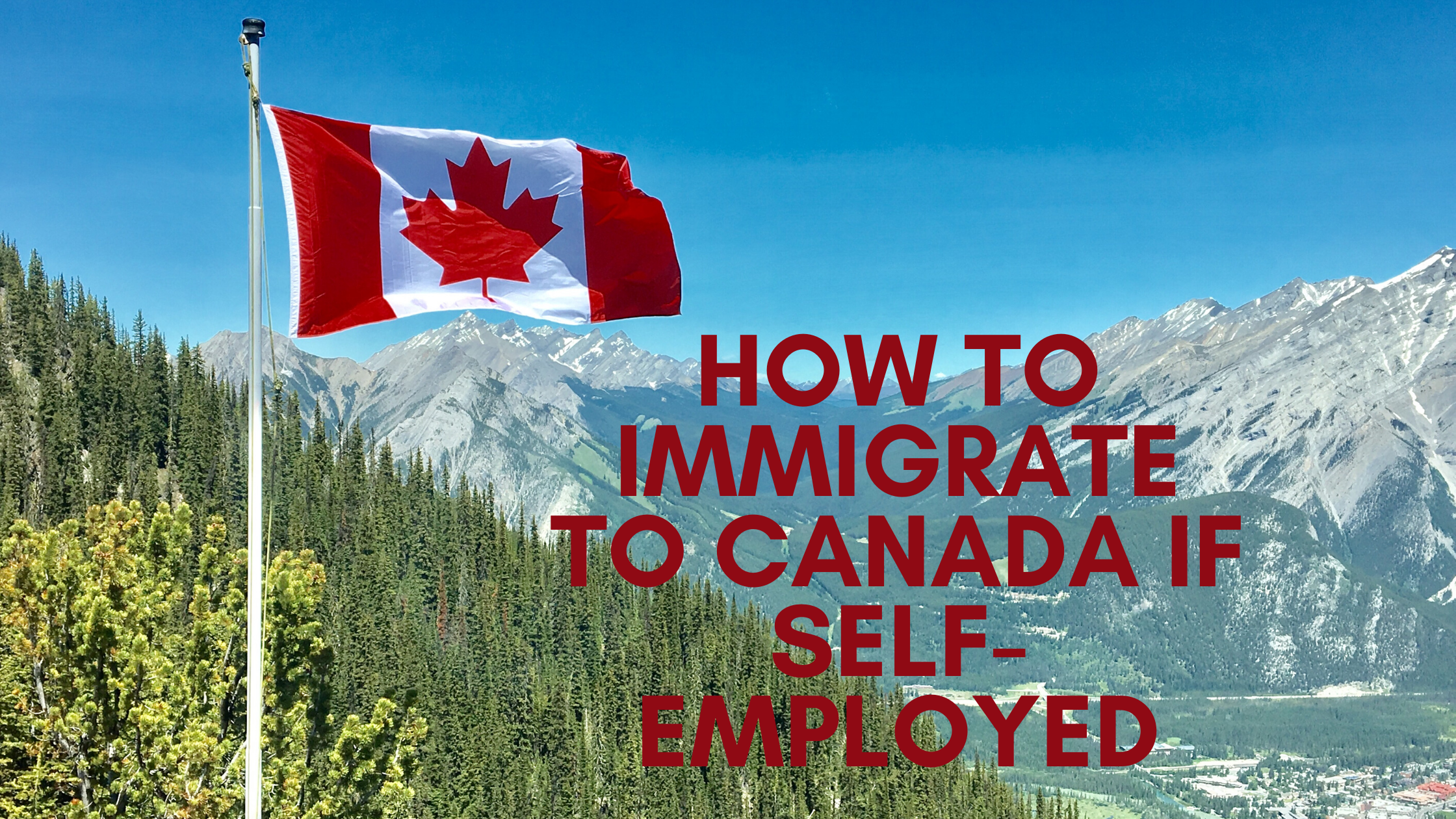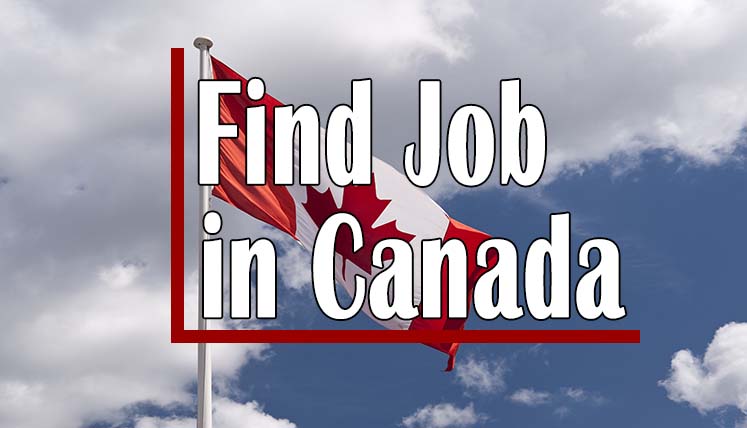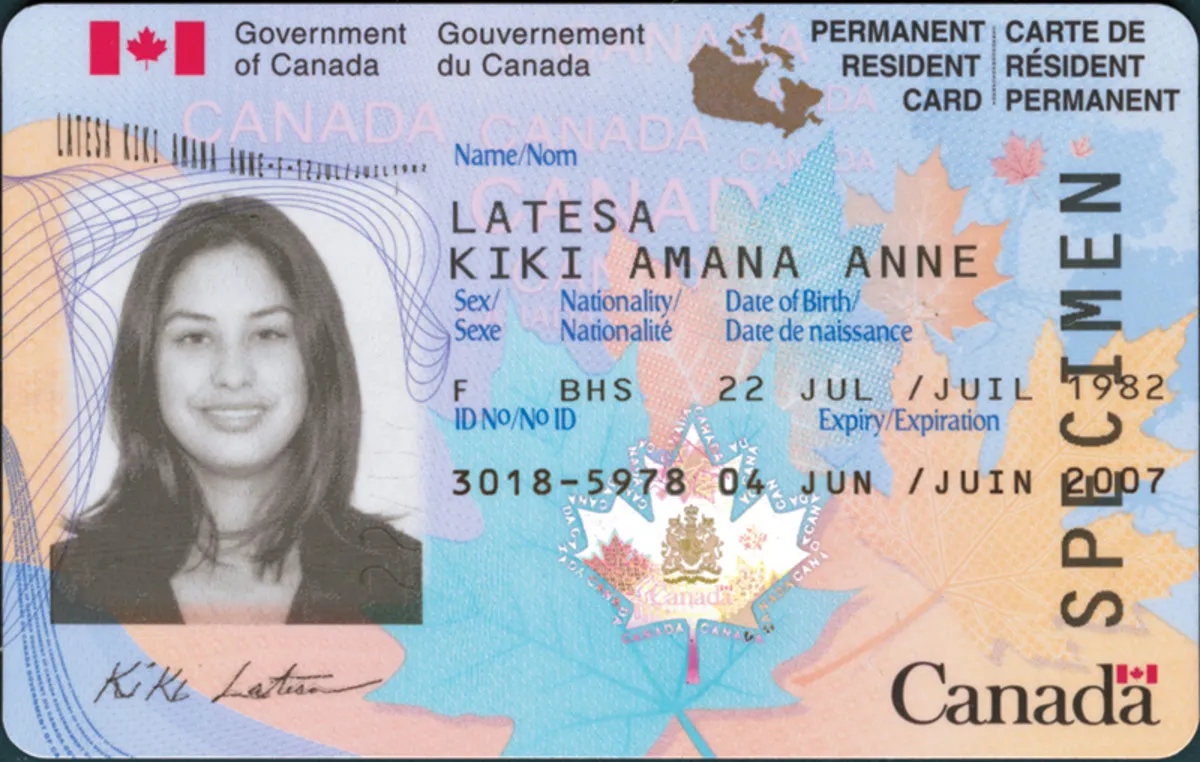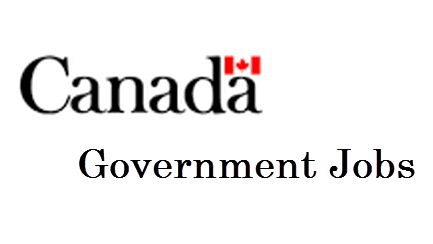If you’re someone searching for job opportunities in the pipeline sector in Canada, this article is tailored just for you. It offers valuable tips and insights that can help you make the most of the available opportunities.
Canada’s pipeline industry is vibrant and bustling, presenting a multitude of fulfilling career paths for individuals who are eager to embark on an exhilarating professional journey. Whether you’re involved in the installation and upkeep of crucial pipelines or the transportation of valuable resources across extensive distances, pipeline jobs in Canada provide a unique combination of technical proficiency, collaborative teamwork, and a commitment to environmental stewardship.
If you’re eager to join a thriving sector that fuels the nation’s energy needs while contributing to sustainable development, look no further. Let’s explore the world of pipeline jobs in Canada, where innovation meets opportunity!
Is Pipeline jobs in Canada a good career?
Pipeline jobs in Canada can be a lucrative and rewarding career option for many individuals. Canada has an extensive network of pipelines that transport oil, natural gas, and other resources across the country. These pipelines require a skilled workforce to construct, maintain, and operate them, creating a demand for qualified professionals in the industry.
Here are some factors to consider when assessing pipeline jobs as a career in Canada:
- Employment Opportunities: The pipeline industry in Canada offers a range of job opportunities, including pipeline construction, inspection, maintenance, and operation. The demand for skilled workers fluctuates depending on the state of the industry and the specific projects underway.
- Job Security: The need for energy resources and transportation through pipelines is expected to continue in Canada. As a result, pipeline jobs can provide a certain level of job security, especially in regions with significant pipeline infrastructure.
- Salary and Benefits: Pipeline jobs often offer competitive salaries and benefits packages. Workers in this industry may earn above-average wages due to the specialized skills and potential risks associated with the work. However, compensation can vary depending on job role, experience level, and location.
- Work Environment: Pipeline jobs can involve working in various environments, including construction sites, remote locations, and sometimes adverse weather conditions. Considering the physical demands and potential hazards associated with these roles is essential.
- Skills and Qualifications: Depending on the specific role, pipeline jobs may require technical skills, certifications, and experience in engineering, welding, inspection, or operation. Acquiring the necessary qualifications and expertise can enhance career prospects within the industry.
- Environmental Considerations: It’s important to acknowledge the ongoing debates surrounding pipeline projects and their potential environmental impact. Some individuals may have ethical or environmental concerns regarding the industry. Researching and understanding the environmental aspects associated with pipeline jobs is recommended before making a career decision.
Pipeline jobs in Canada can provide stability, good earning potential, and opportunities for career growth. However, it’s crucial to consider the specific requirements, work conditions, and personal values to determine if it aligns with your career goals and aspirations. Conducting further research and speaking with industry professionals can provide additional insights into the potential career path.
Benefits of pipeline jobs in Canada
Pipeline jobs in Canada offer several benefits, including:
- Job Stability; the pipeline industry is crucial in Canada’s energy sector. Pipelines transport oil, gas, and other resources across vast distances, ensuring a steady supply to meet domestic and international demands. As a result, pipeline jobs often provide long-term employment and job stability.
- Competitive Salaries: Pipeline jobs in Canada generally offer competitive salaries. Compensation can vary based on factors such as the specific role, experience level, location, and employer. In addition to base salaries, pipeline workers may also receive benefits such as health insurance, retirement plans, and paid time off.
- Career Growth and Advancement: The pipeline industry offers opportunities for career growth and advancement. Starting from entry-level positions, individuals can gain experience, develop specialized skills, and move up the career ladder. With additional training, certifications, and experience, pipeline workers can progress into supervisory roles or pursue specialized positions within the industry.
- Training and Development: Many pipeline companies invest in training and development programs to enhance the skills of their workforce. They provide opportunities for workers to acquire new certifications, develop technical expertise, and stay updated with industry advancements. This commitment to training can contribute to personal and professional growth.
- Technological Advancements: The pipeline industry is continually evolving with advancements in technology and innovation. Pipeline jobs can provide opportunities to work with state-of-the-art equipment, monitoring systems, and automation technologies. Embracing these advancements can enhance skills and provide exposure to cutting-edge practices.
- Contributing to Infrastructure Development: Pipeline projects are essential for the growth and development of Canada’s infrastructure. By working in the pipeline industry, individuals can contribute to the construction and maintenance of critical energy infrastructure, ensuring the safe and efficient transportation of resources across the country.
- Environmental and Safety Focus: The pipeline industry places significant emphasis on environmental protection and safety measures. Pipeline workers are trained to adhere to strict safety protocols and industry regulations to prevent accidents and minimize environmental impacts. Working in this industry allows individuals to contribute to responsible resource development and environmental stewardship.
- Diverse Work Environments: Pipeline projects can be located in various regions of Canada, providing opportunities for individuals to work in different environments and landscapes. From rural areas to urban centres, pipeline jobs offer diverse work experiences and the chance to explore different regions of the country.
What do Pipeline jobs in Canada entail?
Pipeline jobs in Canada encompass a wide range of roles and responsibilities related to the construction, maintenance, and operation of pipelines. Here are some common job positions and their associated tasks:
- Pipeline Construction:
- Pipeline Welders: Responsible for joining sections of pipe using specialized welding techniques.
- Equipment Operators: Operate heavy machinery such as excavators, bulldozers, and cranes to prepare the construction site and lay pipeline sections.
- Pipeline Laborers: Assist with various tasks during pipeline construction, including excavation, trenching, and general labour work.
- Pipeline Inspection and Maintenance;
- Pipeline Inspectors: Conduct inspections to assess the condition of pipelines, identify any defects or leaks, and ensure compliance with safety standards and regulations.
- Pipeline Technicians: Perform maintenance tasks such as cleaning, preventing corrosion, repairing pipeline components, and monitoring equipment operation.
- Cathodic Protection Technicians: Install, monitor, and maintain cathodic protection systems to prevent corrosion on the pipeline.
- Pipeline Operations:
- Pipeline Operators: Monitor and control the flow of oil, natural gas, or other resources through the pipeline network using computerized systems.
- Pump Station Operators: Operate and maintain pumping stations along the pipeline to regulate pressure and flow rates.
- Control Room Operators: Oversee the overall operation of the pipeline system, including monitoring alarms, responding to emergencies, and coordinating maintenance activities.
- Environmental and Safety:
- Environmental Specialists: Ensure compliance with environmental regulations, conduct environmental impact assessments, and develop strategies for minimizing environmental risks.
- Safety Coordinators: Implement safety procedures, provide safety training, conduct inspections, and address safety concerns to ensure a safe working environment for pipeline personnel.
Types of Pipeline Jobs in Canada
Pipeline jobs in Canada can be categorized into different types based on the nature of the work and the specific tasks involved. Here are some common types of pipeline jobs in Canada:
- Pipeline Construction Jobs:
- Welders: Specialized in joining sections of pipe using welding techniques.
- Equipment Operators: Operate heavy machinery for excavating, trenching, and laying pipeline sections.
- Labourers: Assist with various construction tasks, including excavation, trenching, and general labour.
- Pipeline Inspection and Maintenance Jobs:
- Inspectors: Conduct inspections to assess pipeline condition, identify defects or leaks, and ensure compliance with safety standards and regulations.
- Technicians: Perform maintenance tasks such as cleaning, repairing, and monitoring pipeline components and equipment.
- Cathodic Protection Technicians: Install, monitor, and maintain cathodic protection systems to prevent corrosion on the pipeline.
- Pipeline Operations Jobs:
- Operators: Monitor and control the flow of oil, natural gas, or other resources through the pipeline network using computerized systems.
- Pump Station Operators: Operate and maintain pumping stations along the pipeline to regulate pressure and flow rates.
- Control Room Operators: Oversee the overall operation of the pipeline system, monitor alarms, respond to emergencies, and coordinate maintenance activities.
- Environmental and Safety Jobs:
- Environmental Specialists: Ensure compliance with environmental regulations, conduct environmental impact assessments, and develop strategies for minimizing environmental risks.
- Safety Coordinators: Implement safety procedures, provide safety training, conduct inspections, and address safety concerns to maintain a safe working environment.
- Engineering and Design Jobs:
- Pipeline Engineers: Design and plan pipeline systems, assess feasibility, and oversee construction and operation.
- Project Managers: Coordinate and manage pipeline construction projects, including planning, scheduling, budgeting, and resource allocation.
How to get pipeline jobs in Canada
To secure pipeline jobs in Canada, consider the following steps:
- Gain Relevant Education and Skills: Obtain a high school diploma or equivalent, which is typically the minimum requirement for pipeline jobs. Pursue post-secondary education in disciplines such as pipeline engineering, construction management, or relevant trades to enhance your knowledge and skills.
- Acquire Certifications: Look for industry-specific certifications that can boost your employability. Certifications such as Pipeline Inspector, Pipeline Construction Safety Training, or Pipeline Welding Certification can make you a more competitive candidate.
- Build Experience: Seek entry-level positions in the construction or oil and gas industries to gain practical experience related to pipelines. Starting as a labourer or assistant can provide valuable exposure to pipeline construction processes and techniques.
- Network: Connect with professionals already working in the pipeline industry. Attend industry conferences, job fairs, and local events to meet potential employers, industry experts, and colleagues who can provide guidance and job leads.
- Research Companies: Identify pipeline construction and maintenance companies operating in Canada. Visit their websites, review job postings, and learn about their projects and requirements. Tailor your application to align with their needs and values.
- Utilize Job Search Platforms: Regularly visit job search platforms and websites specific to the oil and gas industry. Popular platforms like Indeed, LinkedIn, and specialized industry job boards often list pipeline-related positions.
- Adapt Resume and Cover Letter: Customize your resume and cover letter to highlight relevant skills, certifications, and experience related to pipeline work. Emphasize safety awareness, knowledge of industry regulations, and your ability to work well in a team.
- Apply Online and Follow Up: Submit your application through the company’s online application system or follow their preferred application process. After applying, consider following up with a polite email or phone call to express your interest and inquire about the status of your application.
- Consider Apprenticeships or Internships: Some companies offer apprenticeship programs or internships that provide valuable hands-on experience in the pipeline industry. Explore these opportunities to gain practical skills and increase your chances of securing a permanent position.
- Stay Updated and Flexible: Keep up with industry trends, technological advancements, and changes in regulations. Be open to relocation or travel, as pipeline projects can be located in various regions of Canada.
Remember, persistence, a proactive approach, and continuous learning are key when pursuing pipeline jobs in Canada. Networking, gaining relevant experience, and showcasing your dedication to safety and industry knowledge will enhance your chances of securing a fulfilling career in the pipeline industry.
Eligibility Criteria for pipeline jobs in Canada
The eligibility criteria for pipeline jobs in Canada can vary depending on the specific role and employer. However, here are some common requirements and qualifications often sought after:
- Education: A high school diploma or equivalent is typically the minimum educational requirement for pipeline jobs. However, some positions may require post-secondary education or specialized training in fields such as pipeline construction, welding, engineering, or related disciplines.
- Experience: Relevant experience in the construction, oil and gas, or pipeline industry is highly valued. This can include working in roles such as pipeline labourer, equipment operator, welder, inspector, or other related positions.
- Certifications and Training: Certain certifications and training programs can enhance your eligibility. These may include certifications in pipeline welding, pipeline inspection, pipeline safety, confined space entry, first aid, and more. Familiarity with industry standards and regulations, such as those from the Canadian Energy Pipeline Association (CEPA), is also beneficial.
- Safety Awareness: Due to the nature of pipeline work, a strong emphasis is placed on safety. Employers typically require candidates to demonstrate knowledge of safety protocols, procedures, and regulations related to pipeline construction, maintenance, and operation.
- Physical Fitness: Pipeline work often involves physically demanding tasks, such as lifting heavy equipment or working in challenging outdoor conditions. Good physical fitness and the ability to perform manual labour are important for many pipeline jobs.
- Technical Skills: Depending on the specific role, employers may seek candidates with technical skills such as welding, equipment operation (e.g., excavators, bulldozers), pipeline maintenance, quality control, surveying, or project management.
- Valid Driver’s License: A valid driver’s license is often required for pipeline jobs that involve travel between worksites or operating company vehicles.
It’s important to note that specific job postings may have additional requirements or preferences depending on the employer, region, and nature of the pipeline project. Always review job descriptions or consult with employers for precise eligibility criteria for the position you are interested in.
Salary of pipeline jobs in Canada
The salary of pipeline jobs in Canada can vary depending on factors such as the specific role, level of experience, location, and the employer’s compensation structure. However, pipeline jobs generally offer competitive salaries due to the nature of the industry and the technical skills required. Here is a general overview of salary ranges for common pipeline job roles in Canada:
- Pipeline Laborer/Helper: Entry-level positions in pipeline construction or maintenance may have salaries ranging from $15 to $25 per hour.
- Equipment Operator: Operators of heavy machinery such as excavators, bulldozers, or pipeline-specific equipment can earn salaries ranging from $20 to $40 per hour, depending on experience and the complexity of the equipment operated.
- Pipeline Welder: Pipeline welders, who specialize in welding pipelines, often earn higher wages due to their specialized skills. Their salaries can range from $30 to $50 per hour or more, depending on experience and certifications.
- Pipeline Inspector: Pipeline inspectors play a crucial role in ensuring the integrity and compliance of pipelines. Salaries for pipeline inspectors can range from $60,000 to $100,000 per year, depending on experience and the complexity of the projects.
- Project Manager: Pipeline project managers oversee the planning, execution, and completion of pipeline projects. Salaries for project managers can vary significantly, ranging from $80,000 to $150,000 or more per year, depending on the size and complexity of the projects.
It’s important to note that these salary ranges are approximate and can vary based on factors such as location (e.g., salaries may be higher in regions with a high demand for pipeline projects), additional certifications, education, years of experience, and the specific employer’s compensation policies.
Job sites to find pipeline jobs in Canada
Here are some popular job sites where you can find pipeline job listings in Canada:
- Indeed (www.indeed.ca): Indeed is a widely used job search engine that aggregates job postings from various sources, including company websites and job boards. You can search for pipeline jobs in specific locations across Canada.
- Workopolis (www.workopolis.com): Workopolis is a Canadian job board that features a wide range of job listings, including opportunities in the pipeline industry. You can search for pipeline jobs based on location and keywords.
- Monster (www.monster.ca): Monster is a well-known job portal that includes a variety of job listings, including positions in the pipeline sector. You can search for pipeline jobs by location, job title, and other criteria.
- Canadian Pipeline Job Board (www.pipelinejobs.ca): This specialized job board focuses specifically on pipeline-related job opportunities in Canada. It features a range of positions within the pipeline industry, including construction, inspection, maintenance, and project management roles.
- PetroLMI (www.petrolmi.ca): PetroLMI is an industry resource that provides information and job listings related to the Canadian oil and gas sector, including pipeline jobs. Their website includes a job board where you can find pipeline job opportunities.
- Oilfield Job Shop (www.oilfieldjobshop.com): Oilfield Job Shop is a job board covering various oil and gas industry sectors, including pipeline jobs. You can search for pipeline positions across different provinces in Canada.
FAQs on pipeline jobs in Canada
Here are some frequently asked questions (FAQs) regarding pipeline jobs in Canada:
- What are pipeline jobs?
Pipeline jobs involve constructing, maintaining, inspecting, and operating pipelines for transporting oil, gas, and other resources. These jobs include labourers, equipment operators, welders, inspectors, project managers, and more.
- What qualifications do I need for pipeline jobs?
Qualifications for pipeline jobs can vary depending on the specific role and employer. Generally, a high school diploma or equivalent is required, and relevant experience in the construction, oil and gas, or pipeline industry is beneficial. Some positions may require post-secondary education or specialized training in areas such as pipeline construction, welding, or engineering. Certifications such as pipeline welding, inspection, or safety training can also be advantageous.
- What are the salary ranges for pipeline jobs in Canada?
Salary ranges for pipeline jobs in Canada vary based on factors such as the specific role, experience level, location, and employer. Entry-level positions like pipeline labourers may have salaries ranging from $15 to $25 per hour, while pipeline welders can earn $30 to $50 per hour or more. Salaries for project managers can range from $80,000 to $150,000 or more per year, depending on the complexity of the projects.
- Are pipeline jobs physically demanding?
Yes, many pipeline jobs can be physically demanding. They may involve manual labour, heavy lifting, working in challenging weather conditions, and operating heavy machinery. Good physical fitness and the ability to perform physically demanding tasks are often required.
- Are there opportunities for career growth in the pipeline industry?
Yes, the pipeline industry offers opportunities for career growth and advancement. Starting from entry-level positions, individuals can gain experience, develop specialized skills, and move up the career ladder. Additional training, certifications, and experience can lead to supervisory roles or specialized positions within the industry.
- What is the outlook for pipeline jobs in Canada?
The pipeline industry in Canada continues to be an important sector in the country’s energy infrastructure. While specific projects and job demands can fluctuate, the demand for qualified professionals in pipeline construction, maintenance, and operation remains steady. However, it’s important to stay updated on industry trends, technological advancements, and changes in regulations that may impact the job market.
Conclusion
Canada’s pipeline industry presents a dynamic and fulfilling career path for individuals seeking opportunities in the energy sector. The demand for skilled professionals in pipeline construction, maintenance, and operation is strong, offering stability, competitive salaries, and potential for career advancement.
Whether you possess skills as a labourer, welder, inspector, or project manager, the pipeline sector provides a diverse array of roles that contribute to the development of crucial energy infrastructure nationwide. Emphasizing safety, innovation, and environmental responsibility, pipeline workers play a vital role in ensuring efficient and sustainable resource transportation.
If you aspire to a rewarding career that combines technical expertise, teamwork, and a commitment to energy sustainability, look no further than pipeline jobs in Canada to ignite your professional journey.










